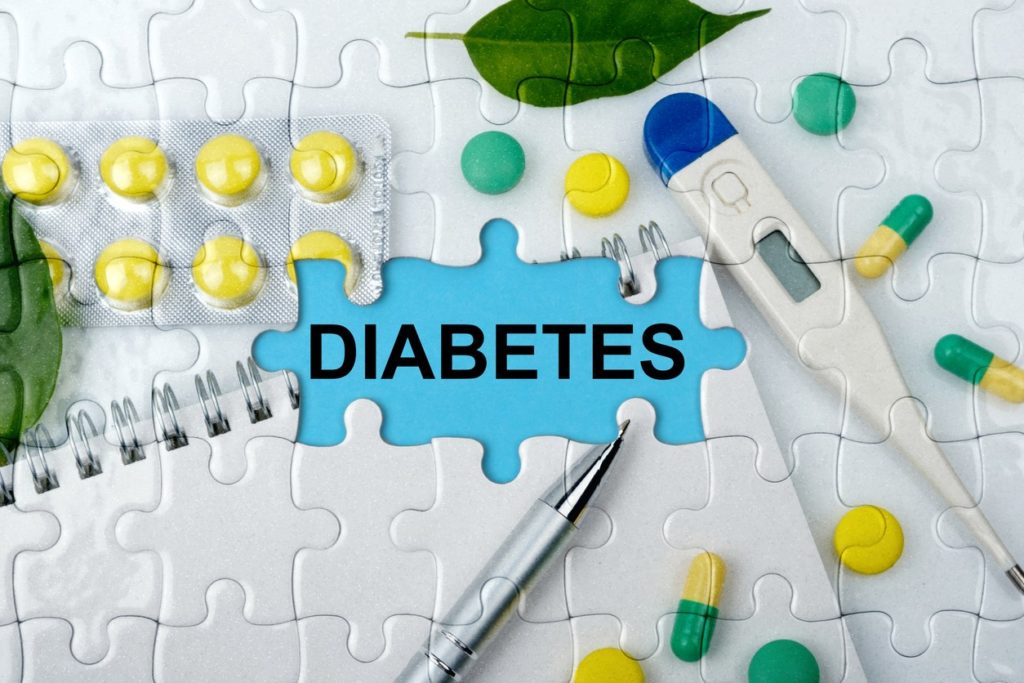November is Diabetes Awareness Month. When you or a loved one gets diagnosed with diabetes, it can feel like you have to learn a new language. The Diabetes Learning Center at Tift Regional Medical Center is here to help. Over the course of this month, we will bring you information to help learn more about this condition. Today, we are focusing on A1C.
A1C does it all.
What is A1C? It can identify prediabetes, which raises your risk for diabetes. It can be used to diagnose diabetes. And it’s used to monitor how well your diabetes treatment is working overtime. It’s also a critical step in forming your game plan to manage diabetes with your diabetes care team.
The big picture: monitoring treatment
This relatively simple blood test can tell you a lot. The test results give you a picture of your average blood sugar level over the past two to three months. The higher the levels, the greater your risk of developing diabetes complications. Your doctor will tell you how often you need the A1C test, but usually you’ll have the test at least twice a year if you’re meeting your treatment goals. If you’re not meeting your goals or you change treatments, you may need to get an A1C test more often.
So, what do the numbers mean?
When it comes to the numbers, there’s no one-size-fits-all target. A1C target levels can vary by each person’s age and other factors, and your target may be different from someone else’s. The goal for most adults with diabetes is an A1C that is less than 7%.
A1C test results are reported as a percentage. The higher the percentage, the higher your blood sugar levels over the past two to three months. The A1C test can also be used for diagnosis, based on the following guidelines:
- If your A1C level is between 5.7 and less than 6.5%, your levels have been in the prediabetes range.
- If you have an A1C level of 6.5% or higher, your levels were in the diabetes range.
Join us next week to learn more about diabetes. If you or a loved one would like more help learning about or managing diabetes, please contact the Diabetes Learning Center at Tift Regional Medical Center by calling 229-353-6753.
